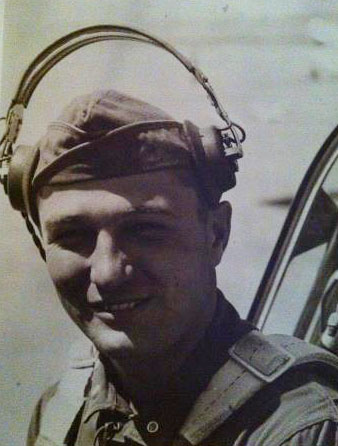
Several years ago, I was asked why Majors Field was not named in honor of two young men from Celeste who died at Pearl Harbor in the early morning of December 7, 1941. At the time I had no idea, but assumed it was because Truett Majors was a Greenville native. Just recently I found the right answer.
Aviation was first used in World War I. It was a hazardous adventure for pilots. In the space between the two wars, especially during the New Deal, President Franklin D. Roosevelt was encouraged to expand aviation. A large contingency in the United States were strongly opposed and favored isolationism, even though the horrors created by Adolph Hitler beginning in the mid 1930s were well known around the world.
Senator John Morris Sheppard was chairman of the Military Affairs Committee. His insistence on expansion of both Selective Service and U. S. Army Air Corps would prove to be vital during World War II. Senator Sheppard died of a stroke in May 1941. His doctor believed it was the strain and pressure he received with the threat of war. When the 800-acre airfield in Wichita Falls was dedicated, Army Air Corps officials broke the tradition of naming fields in honor of pilots killed in action. Sheppard Airfield was the only war field named for a civilian.
Majors Field in Greenville was one of 149 basic training areas built in Texas in 1941. With the support of Sam Rayburn, Speaker of the House of Representative, and member of the House from this area of Texas, Greenville received news that it would be one of the 149. At that time, the names of airfields were of course very secretive. There were numerical codes for military connections and local names for citizens to use in referring to the base.
The official codes were destroyed with other records when the base closed in 1945. However, Greenville Chamber of Commerce chose to give the civilian name to Lt. Truett Majors. Majors came from a well-respected family. His father was minister of the Baptist Church and a brother was also in the Army Air Corps. I interviewed a younger sister many years later. She was a delightful lady, but vaguely remembered Lt. Majors.
After receiving his wings, Majors was assigned to an airfield outside Manila in the Philippines. In November, he developed appendicitis; surgery was necessary. He wrote his mother around Thanksgiving to say he was recuperating but was not allowed in a plane until he was completely recovered from the surgery. He had been assigned to an anti-aircraft unit as a gunner.
Due to the time changes, Americans in the Far East heard about the attack on Pearl Harbor as soon as Americans did in the U. S. Immediately American forces in Manila and other posts went into combat mode. Lt. Majors died, not in his well-loved aircraft, but on the ground with an anti-aircraft gun, on December 8, 1941.
At this time, townsmen decided without a doubt, that the airfield south of Greenville would be known to the public as Majors Field.
